
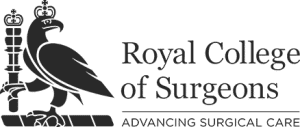


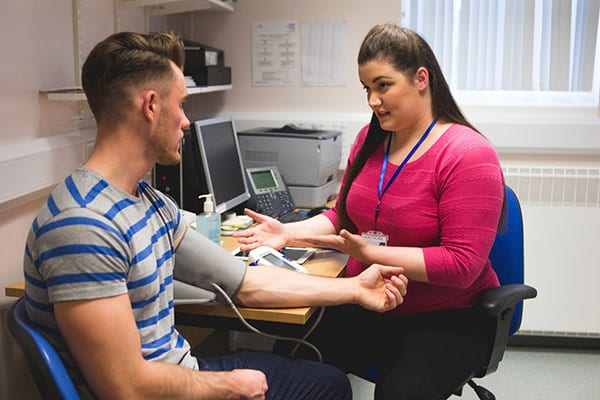
You might not understand when and how you pay tax via Self-assessment and how payment of tax on account works. It probably seems like most of your pay goes towards paying tax and pension contributions on forms that are difficult to understand and difficult to submit to PCSE. Your colleagues may have received large Pension tax bills and you may be wondering if you are affected. You may be thinking about early retirement or getting started with investing.
We started Medics’ Money to empower doctors like you to make better financial decisions by giving you the financial education you deserve.
Over 30,000 doctors subscribe to our financial CPD emails, our podcast has over 250,000 downloads and we have matched over 6,000 doctors to a specialist medical adviser.
To help you get started with making better financial decisions we’ve summarised seven key financial issues for GP partners to think about.
What will be your greatest single expenditure in life? Mortgage? Household bills? Transport costs? Holidays?
No, it’s likely your biggest expense will be the total in taxes you pay to the government. Thanks to progressive taxation rates, the more you earn, the more tax you pay.
Therefore, it makes sense to make very sure you are paying only the tax you need to. At a very basic level this means claiming a tax rebate worth an average of £1245 for GMC, Royal College Fees, CCT fees (lots of GPs are not aware of this) exam fees amongst others? Over 30,000 doctors have used our free guide to claim themselves online for free.
Got kids – there are some valuable tax reliefs to help reduce the cost of childcare and they are covered in our free ebook “What medical school didn’t teach us about money” and you can download your free copy here.
You might be a higher earner and wondering if starting a limited company can save you tax?
This podcast covers this topic in more detail.
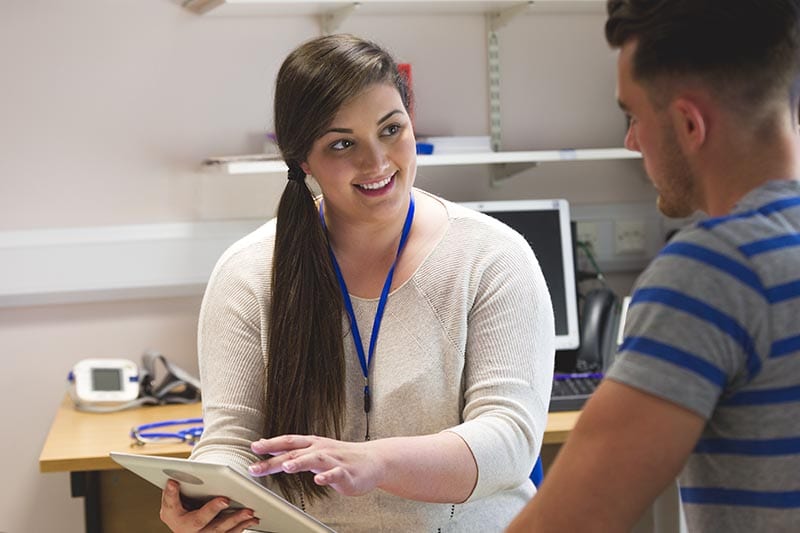

Between us we amassed > £100,000 of debt qualifying as doctors. It’s crucial to understand the difference between good debt and bad debt. Our ebook covers this in detail and you can download your copy here.
We don’t insure anything we can afford to replace such as our phones, laptops and Tommy doesn’t even insure his beloved surfboards. But unless you could afford to pay your bills if you got sick and couldn’t work you need to consider protecting your income. As a self-employed locum it likely you get no sick pay and you need to consider getting insurance. What is the difference between Income protection and Critical illness? It’s all covered in this article and on the podcast. Read more here.

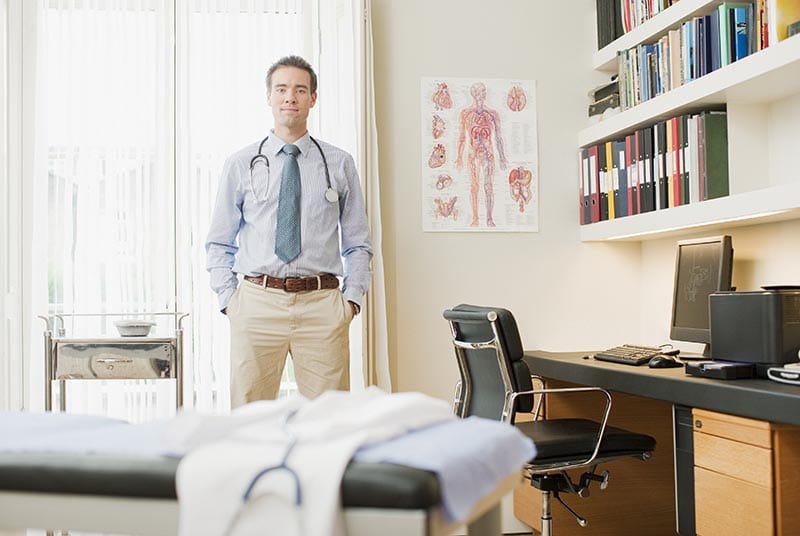
When was the last time you analysed your bank statements with the same care and attention that you analyse your patients test results? Do you spend less than you earn? Want to know how one doctor spent £139,000 on lunch at the hospital? Do you know why Einstein described compound interest as the eighth wonder of the world? It’s all covered in our ebook.
What is one of the best investments you can make? Not property, shares or even cryptocurrency 😉 It’s your NHS Pension. Unfortunately, this investment needs some annual maintenance and Chapter 6 of our ebook tells you the essential annual check you need to make on your NHS Pension.
We have several podcasts on the NHS pension including this beginners guide and our blog has an entire pensions section.
This podcast is a good introduction to the NHS Pension.
We regularly hold free NHS Pension webinars that attract thousands of doctors. When you download our ebook you can opt into our community of 30,000 doctors and receive your webinar invites.

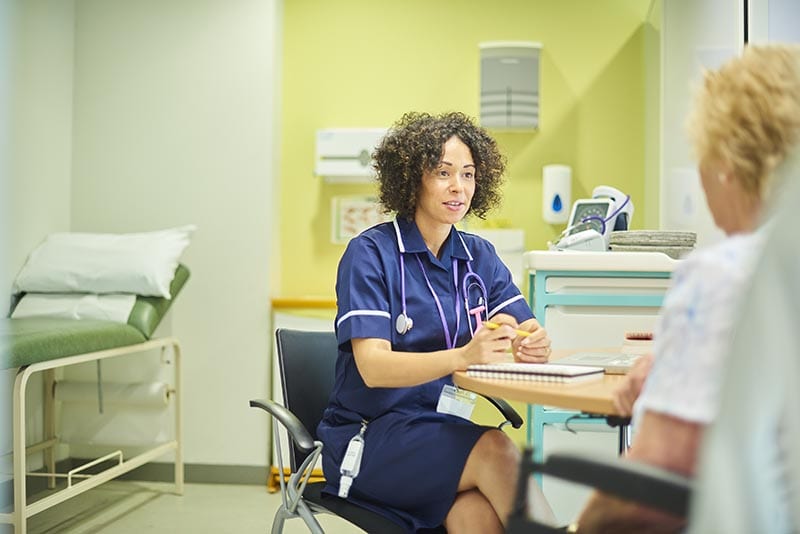
This webinar explains the difference between stocks, bonds, property, commodities and shows you why cash is not a safe option.
Unless you want to earn every penny of your wealth working as a doctor, you are going to need an alternative income and investing may be it. The great news about being a young doctor is you have plenty of time for the 8th wonder of the world to work for you (compound interest) But if you’ve read the ebook you’ll learn how to avoid being Late Lyla who started investing too late and Nervous Noah who didn’t understand that low interest rates and inflation meant that cash was not an investment. Chapter 5 of the ebook is a great introduction to investing. Download the ebook here.
We are passionate about investing because it’s a large part of how we dug ourselves out of medical school debt. Good investing is low cost, low maintenance, low risk and can help you retire when you choose. Good investing does not involve spending hours trading shares, wearing red braces, or reading the Financial Times every day. Good investing allows you to grow your wealth passively whilst continuing to work as a doctor, or spend time with friends and family.
By now hopefully you appreciate that there is lots you can do yourself to improve your finances. But as a Locum GP its highly likely you would benefit from the help of an accountant, financial adviser or mortgage adviser. But how do you know who’s good? What qualifications should an accountant have? What is the difference between Restricted Financial advisers and Independent Financial advisers and why do Medics’ Money only recommend Independent financial advisers? It’s all covered below:

Our unique algorithm matches your unique circumstances to the best adviser for you. You can read reviews from other GMC verified doctors and even compare prices. We’ve matched over 4,000 doctors to their perfect adviser and when you are ready, we’d love to match you.
Wondering who we are and why we started Medics’ Money?
"*" indicates required fields
This document is for information purposes only and does not constitute advice. By using this document you accept the terms and conditions outlined here https://www.medicsmoney.co.uk/terms/ and https://www.medicsmoney.co.uk/privacy
Specifically you understand that
10.1 Nothing on this website constitutes or is intended to constitute:
(a) a financial promotion, an advertisement for any particular investment or investment business, or an invitation or inducement to engage in investment activity;
(b) investment advice, including advice on the merits of buying, selling, subscribing for, underwriting or exercising rights in relation to a particular security or investment;
(c) the making of an arrangement for another person to buy, sell, subscribe for or underwrite a security or investment; or
(d) any financial service or activity regulated or controlled by or pursuant to UK financial services law or any other applicable law.
10.2 You should take professional financial advice in connection with, or independently research and verify, any information that you find on our website and wish to rely upon, whether for the purpose of making an investment decision or otherwise.
10.3 We would like to draw your attention to the following investment warnings:
(a) the value of shares and investments and the income derived from them can go down as well as up;
(b) investors may not get back the amount they invested; and
(c) past performance is not necessarily a guide to future performance.
10.4 We are not regulated under UK financial services law.
